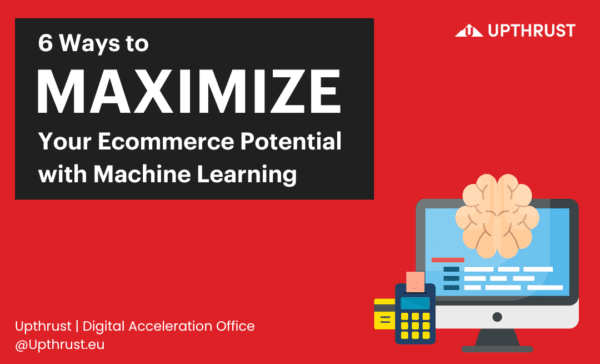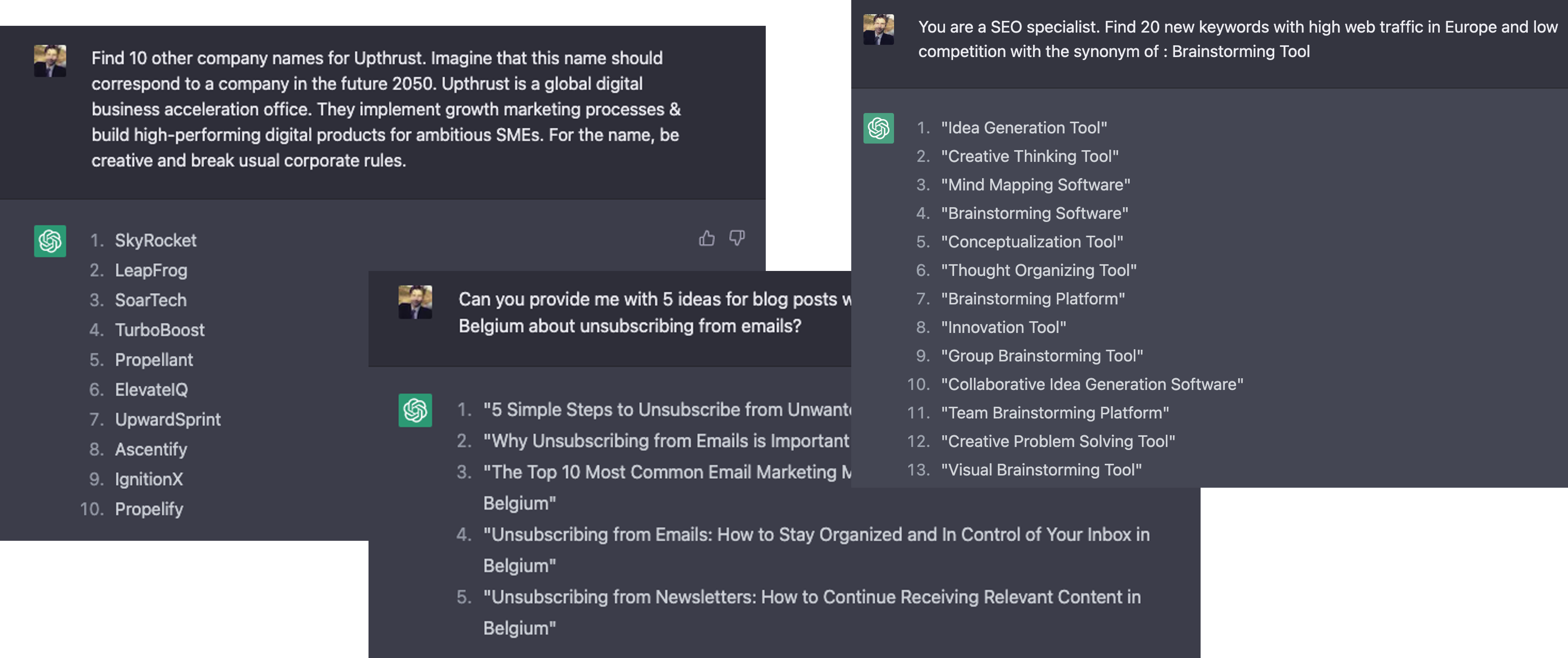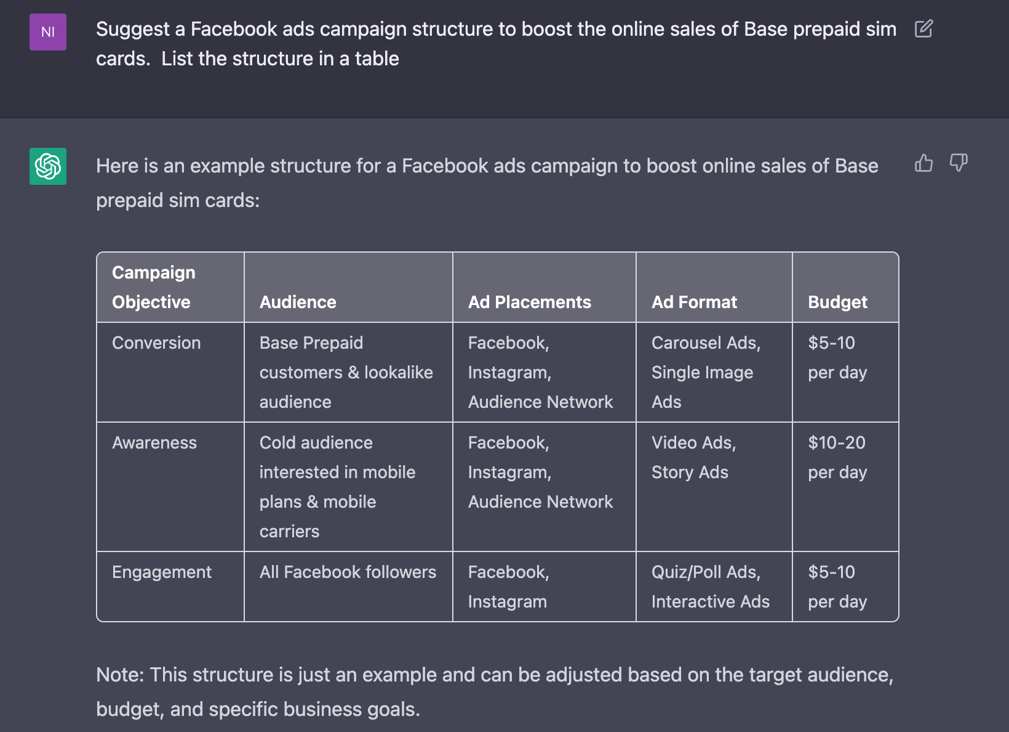6 Ways to maximize Your Ecommerce Potential with Machine Learning

Maximizing Your Ecommerce Potential with Machine Learning in this fast-paced world of ecommerce, staying ahead of the curve is key to success.
As the industry continues to thrive, reaching a worth of $16.6 trillion in 2022, embracing innovative technologies like machine learning has become increasingly necessary. The benefits of incorporating AI are numerous from automating warehouse processes to predicting consumer behavior. In fact, the global market is expected to grow to valued at 70.9 Trillion by 2028. If you’re looking to take your e-commerce business to the next level, the time to embrace machine learning is now.
What Is The Role Of Machine Learning In E-commerce?
Machine learning is essentially an offshoot of artificial intelligence capable of learning, analyzing, and predicting outcomes based on data. It can sort through immense amounts of data to gain insights on consumer trends and behaviors. These valuable insights allow e-commerce businesses to make better-informed decisions that are conducive to greater profits and growth.
Use ChatGPT to generate & brainstorm your content strategy
Content strategy is a crucial part of an ecommerce business. This helps to create and manage valuable, relevant, and consistent content that supports and achieves your business goals. Attracting and retaining customers, building brand awareness, improving search engine optimization (SEO), and increasing conversions are all essential to a business with a predominantly online presence. A well-designed content strategy ensures that the content is aligned with the customer’s needs and preferences, and can help the business to stand out in the competitive marketplace that is the world wide web.
For this, ChatGPT can be a useful tool to improve content strategy. With its advanced language capabilities and knowledge base, it can provide suggestions and ideas for topics, tone, and format of content that align with your company’s goals and target audience.
Additionally, ChatGPT can also assist in the creation of captivating headlines, summaries, and even complete articles. This can save time and resources for companies, freeing up their teams to focus on other important aspects of their content marketing. By leveraging the power of AI, companies can quickly and effectively generate fresh and engaging content that resonates with their audience.
Use marketing-based prompts
To generate this content effectively, good use of the different prompts in ChatGPT is essential. Prompts that go in-depth and that are detailed are usually rewarded with the best answers. Painting a whole picture for ChatGPT can create content that is personalised to your request.
Furthermore, ChatGPT can assist with the SEO of your content by providing relevant and valuable information on specific keywords. Using prompts like “You are a SEO specialist” or keywords like “high conversion” and “high web traffic” ChatGPT provides the correct research for your content.

This prompt enables users to ask questions about SEO best practices, strategies, and tactics, and receive answers that are knowledgeable, accurate, and relevant. As SEO is an ever-evolving field, having a tool that can provide real-time information and insights can be valuable for individuals and organizations looking to improve their online presence and reach their target audience effectively.
Use machine learning for marketing campaigns
Next to providing great help in SEO, ChatGPT can also help in campaign strategy for your e-commerce. Here it provides you with campaigns ideas based on your specific product and target group. With information as Ad format, placements and budget, it gives you a good overview of how your campaign should look like.

Building on previous prompts, strategy can be combined with content. Specifying your Unique Value Proposition (UVP) in ChatGPT allows it to create Ad’s directed at your target group. Here, it even bases it content on the format of the Ad and gives a detailed idea how it should look. Allowing for great content ideation tailor-made to your requests.

Use ChatGPT to transform spoken content to written articles
Creating content with ChatGPT has never been easier however, content provided by ChatGPT is detectable. Especially for blog posts this tends to be a problem as it seems to be punished in terms of SEO performance. A small work-around for the regular video or webinar creators among us is still viable though.
Using software like Descript allows for content in video format to be transferred to a transcript. Which in turn leaves the door open for additional content creation in a written format with ChatGPT. Applying the prompt “Summarize this transcript in a blog post” creates content that wont be detected as AI generated as it has a “human” origin.

Building on this transcript even further, you can prompt ChatGPT to give the “key insights” from this blogpost. These can then subsequently be used for the creation of different kinds of social posts concerning the topic allowing for an easy follow-up on your webinar/blogpost in social channels. Accompanying this text could be images or videos best combined according to another ChatGPT prompt.
With its numerous advantages and endless applications, machine learning is the inevitable future of ecommerce. The possibilities with ChatGPT are endless and with many other machine learning models to come, it would be smart for ecommerce businesses who want to stay ahead of their competition to embrace this technology early. The benefits of machine learning for ecommerce are worth the early investment.
